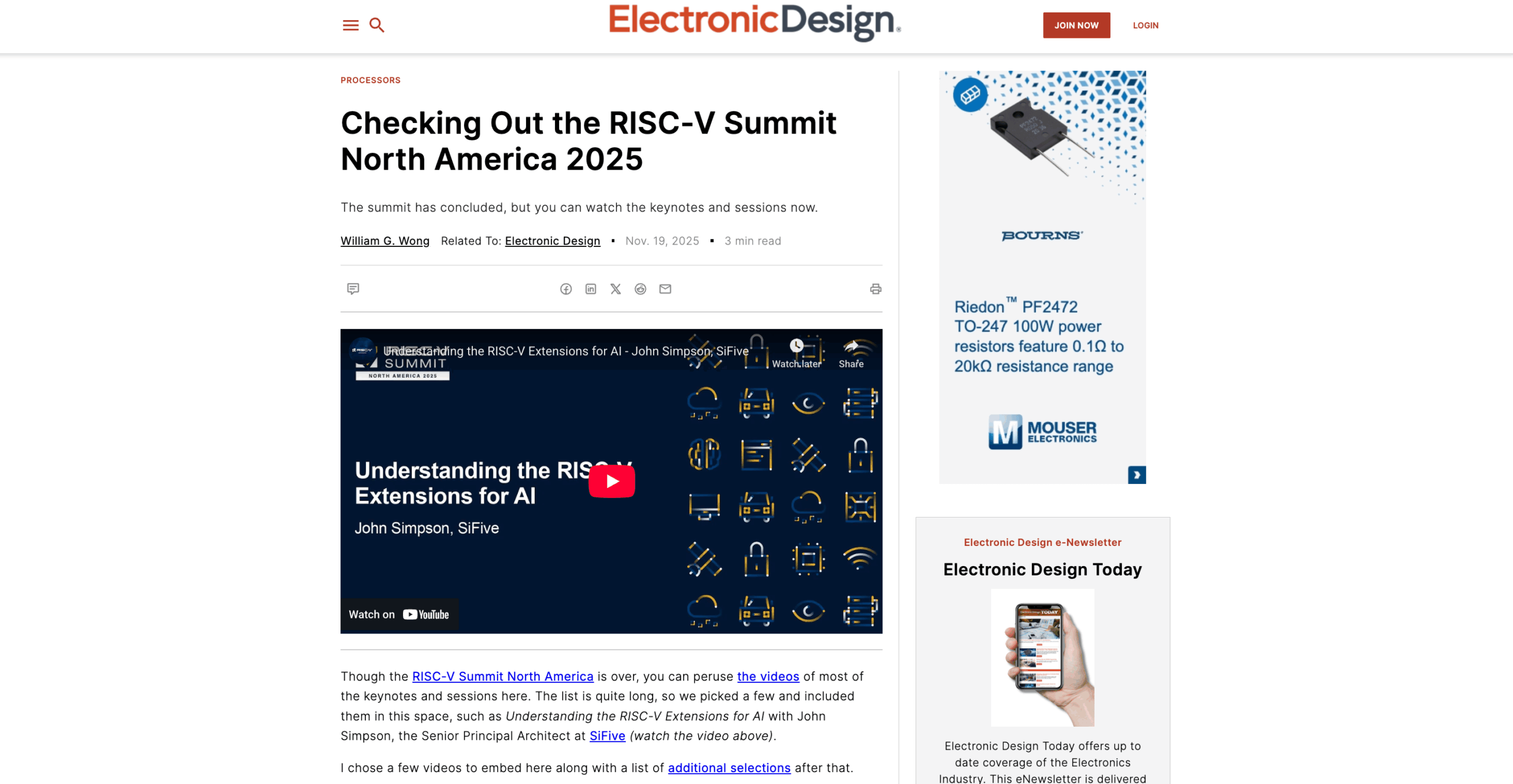
Hacker attacks on industrial plants are no longer fiction. Attackers can steal information about production processes or paralyse entire factories. To prevent this, chips in the individual components of the plants already communicate with each other in encrypted form. However, many encryption algorithms will soon no longer offer protection: While today’s computers cannot crack established procedures, quantum computers would certainly be able to do so. This is especially critical for durable devices such as industrial plants.
For this reason, security experts worldwide are working feverishly to develop technical standards for post-quantum cryptography. One of the challenges here is the high computational demands of these encryption methods. A team led by Georg Sigl, Professor for Security in Information Technology at TUM, has now designed and had manufactured a chip that implements post-quantum cryptography particularly effectively.



